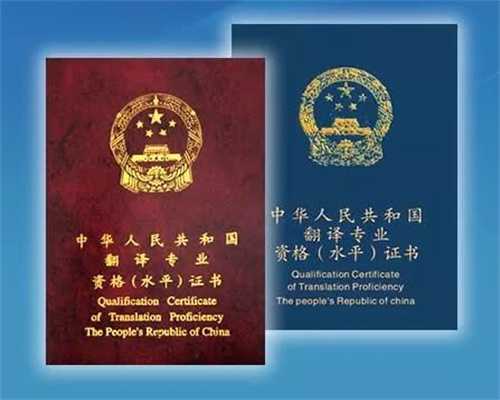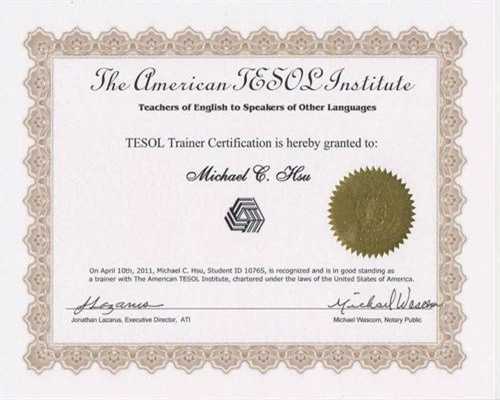汉英同声传译的时差控制与文体变化
在无事先准备的即席视译与同声传译中,译员无论如何都必须考虑的问题是:什么时候切入原语开始翻译?翻译进行中与原语保持多大时差?如何调节语速?一般的说法是一旦可以翻译成一个子句或相对独立的一个短语(如说明时间、地点、目的、条件等状语)时即可切入原语进行翻译,翻译进行过程译声语与原语尽量保持半句到一句的距离,不同的译者可以根据自己的经验和讲话人的具体情况灵活掌握。但在实践中,语言现象千变万化,就汉英两种语言来说,其结构形式大相径庭,常常需要重新理解和随机应变地处理,句子的划分可能因时、因地、因人而异。究竟什么时候保持多少距离?不同的距离对翻译本身或所使用的技巧有什么影响?这仍然很值得探讨。让我们通过具体的译例来看看可能出现的情况。
原文
饱经沧桑的20世纪仅剩下几个春秋,人类即将跨入充满希望的21世纪。在这临近世纪之交的时刻,各国领导人从四面八方来到这里,纪念当代具有普遍性、权威性的政府间国际组织--联合国成立50周年,是很有意义的。我们可以利用这个机会,站在更高的立足点上,回顾过去,展望未来,共同探讨如何实现联合国所肩负的崇高使命。

译文1
The 20th century is full of changes. It has only a few years to go. Mankind will soon enter the promising 21st century. It is at this turn of centuries, that the government leaders from all parts of the world are gathered here for this commemoration. In our time, the widely representative and authoritative inter-governmental organization is the United Nations. And it is now its 50th anniversary. The commemoration is therefore all the more significant. We can use this occasion to stand on a higher plane in both retrospection and prospection, and to discuss how to fulfill the great missions of the United Nations.
译文2
The 20th century, a century full of vicissitudes, will come to its end in a few years, and then mankind will enter the 21st century, a century full of promises. At this turn of centuries, we are gathered here from all parts of the world to commemorate the 50th anniversary of the United Nations --the widely representative and authoritative inter-governmental organization of our age, which should be of great significance. We can use this opportunity to ascend to a higher standpoint in both retrospection and prospection, and to discuss the means by which to carry out the lofty missions of United Nations.
译文3
In a few years time, mankind will bid farewell to the 20th century, a century full of vicissitudes, and enter the 21st century, a century full of promises. At this turn of centuries, it is of great significance that we are gathered here from all corners of the world to commemorate the 50th anniversary of the United Nations - the widely representative and authoritative inter-governmental organization of our age. We can use this opportunity to take a look at the past and the future from a higher plane and share our views on how to turn the lofty missions of the United Nations into reality.
显然,从同声传译的角度来看,第一种时差很小,第二种也虽然也尽量紧跟,但时差还是有所增加,而第三种则时差增加更加明显,与第一种相去甚远,在整体上使人感到并非无事先准备的即席同声传译。
通过分析我们不难发现,以上三者时差上的不一致造成了文体风格上的差别:译法1与原语的信息组织顺序十分贴近,但为了满足即席译出通顺的译语而把正式的书面文体译得十分口语化,是明显的释义性口译。译法2则尽量靠近原语的文体风格,同时又尽量不改变其信息组织的顺序,是比较正式的口译,因此文体上口语特色有所减弱。译法3的文体又有了更大的变化,变得非常正式,很象经过推敲的笔译译文。
其次,时差的不同也导致了不同的翻译技巧:译文1跟得很紧,其切入时间是译员听到第一个逗号所表示的听断之前,所以就把“饱经沧桑的21世纪”,“仅剩下几个春秋”以及后面的主句都分别译成了单独的句子。译文2的切入时间是在第一个逗号所表示的停顿之后,所以使用了“and then”连接下文,译出了一个并列句。如果译文3也是即兴同传,那么其切入时间应该是在听完整句或接近句末的位置,因此才有可能提出“mankind”做主语,把整句译成较复杂的主从句。同样,在翻译进行到第二句时译文1由于仍然步步紧跟,所以用“It is …that…”为下文提供一个便于操作的框架,用“In our time…,”翻译“contemporary”,用名词“commemoration”翻译动词“纪念”并重复使用这个词。其中断句技巧得到了充分的发挥,可以体现一种果断而灵活的风格。译文2由于没有那么快地断句,所以使用了不同的手法:先根据语境(此次大会的主题)通过预测技巧译出“the 50th anniversary of the United Nations”, 等听到下文“…是很有意义的”后又根据这一新变化使用了“which”引导的从句这样的追加、补充技巧。至于第三种译法,从其文句组织结构上看,我们完全可以肯定,这是译员事先已经拿到的已经成文的译文。这种译文虽然可以根据会议以同声传译的方式(根据讲话人的语速和风格)读出,但与一般人们想象的即席同声传译完全是两回事。因为,在即兴同声传译实践中,如果译员不是记忆力超凡,预测能力出众,心理素质极佳的特殊天才,保持这么大的时差实在很难保证一直能跟得上。万一出现一连串有关联合国实绩方面的具体统计数字、地名、人名等特殊情况,也实在很难确保不出现疏漏。
不妨再看一则译例:
原文:
联合国依靠广大会员国的共同努力,为缓解地区冲突,消除殖民主义,推动裁减军备,寸进世界和平、合作与发展,做了许多有益的工作和积极的贡献。
译文1
The United Nations, through the collective efforts of its members, and with its aim to mitigate regional conflicts, eradicate colonialism, expedite arms reduction and promote world peace, cooperation and development, has done a great deal of constructive work and made positive contributions.
译文2
By relying on the concerted efforts of its members, the United Nations has done much useful work in and contributed positively to mitigating regional conflicts, eradicating colonialism, expediting arms reduction and promoting world peace, co-operation and development.
比较分析这两段译文,我们同样可以发现时差的不同对译文文体的影响:译文1跟得很紧,因此采用插入介词短语“… through the collective efforts of its members, and with its aim to…”的办法边翻译边听下文中将要出现的谓语部分,而译文2则直接译 出了“…has done much useful work in…”,说明译员听完全句后才开始翻译,或者对讲稿内容十分了解,知道后文内容,或者预测能力很强。
上述两段同传的各种不同译文说明,时差的控制直接涉及到译语的文体风格,不同的翻译技巧,译员的素质、经验和翻译前的准备情况,对同传与连续翻译或笔译的本质区别亦有解释作用。因此,在同传教学中,结合实践经验和翻译理论与技巧问题不断增强学员的时差控制意识,这实在是不能不充分强调的一个重要方面。
整个话语及时调整用词和语速,同时避免拖泥带水地边翻译边纠正或因无暇纠正而使人不知所云。根据笔者体验,由于英汉两种语言在表达同样的意思时汉语音节数往往更少,显得更简洁,同传中为了调整语速,使话语衔接,常常需要使用一些填充词语,并对暂时还难以把握的情况做一些“模糊化”处理。在不同情况下,不同的译员的译语差异可能会比连续翻译大的多,比笔译之间的差异更大。这正反映了同传对灵活性的高要求,但并不意味着它没有规律可循。







